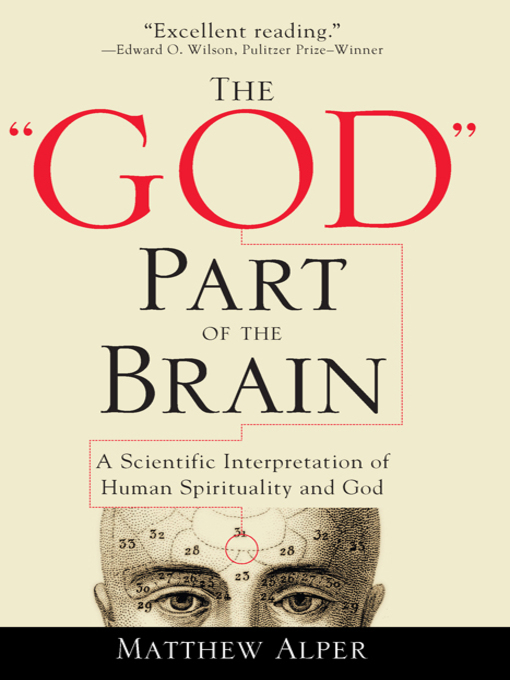A thought-provoking study of science and religion about our human need to believe in a higher power, for spiritual seekers and atheists alike.
In The God Part of the Brain, Matthew Alper pioneers a radical theory: the human inclination toward spirituality and belief in a higher power can be attributed to a specific part of our brain. This bold hypothesis takes us on an exciting journey that merges science, philosophy, and spirituality in a unique way.
Alper engages readers with compelling arguments based on neuroscience, evolutionary biology, and anthropology, provoking profound thought on the nature of existence and our inherent need for spiritual meaning as a coping mechanism that emerged in humans to help us survive our unique and otherwise debilitating awareness of death. His narrative is accessible yet deeply profound, providing insights that stimulate both intellectual curiosity and spiritual introspection.
Key Features:
Praise for The "God" Part of the Brain
"This cult classic in many ways parallels Rene Descartes' search for reliable and certain knowledge...Drawing on such disciplines as philosophy, psychology, and biology, Alper argues that belief in a spiritual realm is an evolutionary coping method that developed to help humankind deal with the fear of death...Highly recommended."— Library Journal
"I very much enjoyed the account of your spiritual journey and believe it would make excellent reading for every college student - the resultant residence-hall debates would be the best part of their education. It often occurs to me that if, against all odds, there is a judgmental God and heaven, it will come to pass that when the pearly gates open, those who had the valor to think for themselves will be escorted to the head of the line, garlanded, and given their own personal audience." — Edward O. Wilson, two-time Pulitzer Prize-Winner
"This is an essential book for those in search of a scientific understanding of man's spiritual nature. Matthew Alper navigates the reader through a labyrinth of intriguing questions and then offers undoubtedly clear answers that lead to a better understanding of our objective reality." — Elena Rusyn, MD, PhD; Gray Laboratory; Harvard Medical School
"What a wonderful book you have written. It was not only brilliant and provocative but also revolutionary in its approach to spirituality as an inherited trait."— Arnold Sadwin, MD, former chief of Neuropsychiatry at the University of Pennsylvania
"A lively manifesto...For the discipline's specific application to the matter at hand, I've seen nothing that matches the fury of The 'God' Part of the Brain, which perhaps explains why it's earned something of a cult following." — Salon.com

